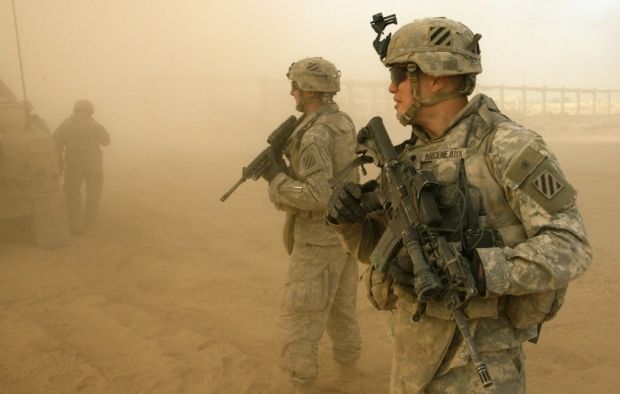
U.S. President Barack Obama, deeply averse to over-committing American troops to unpopular wars in the Middle East, could view some of the options as more viable than others as he approaches the final stretch of his presidency, Reuters reports.
Still, Obama's administration is under pressure to ramp up America's effort, particularly after the fall of the Iraqi city of Ramadi to Islamic State in May and the failure of a U.S. military program to train and arm thousands of Syrian rebels.
Two U.S. officials, who spoke to Reuters on condition of anonymity to discuss ongoing deliberations, said any deployments would be narrowly tailored, seeking to advance specific, limited military objectives in both Iraq and Syria.
That option includes temporarily deploying some U.S. special operations forces inside of Syria to advise moderate Syrian opposition fighters for the first time and, potentially, to help call in U.S. air strikes, one official said.
Read alsoAmerican killed as hostages rescued in Iraq, sources say: CNNOther possibilities including sending a small number of Apache attack helicopters, and U.S. forces to operate them, to Iraq, as well as taking steps to bolster other Iraqi capabilities needed to claw back territory from Islamic State.
The deliberations come as the United States looks to Syrian opposition fighters it supports to put pressure on Raqqa, the Islamic State's stronghold, and for Iraqi forces to retake Ramadi after the city fell to the militants earlier this year.
The options appeared to stop short of deploying American troops in any direct ground combat roles, something Obama has so far ruled out.
One of the officials, who spoke to Reuters on condition of anonymity, said the proposals were still in a conceptual stage - meaning that even if any were approved in the coming days, a U.S. military deployment could still be weeks or months away.
The Pentagon and White House declined comment on the options, which were also reported by the Washington Post and Wall Street Journal.

